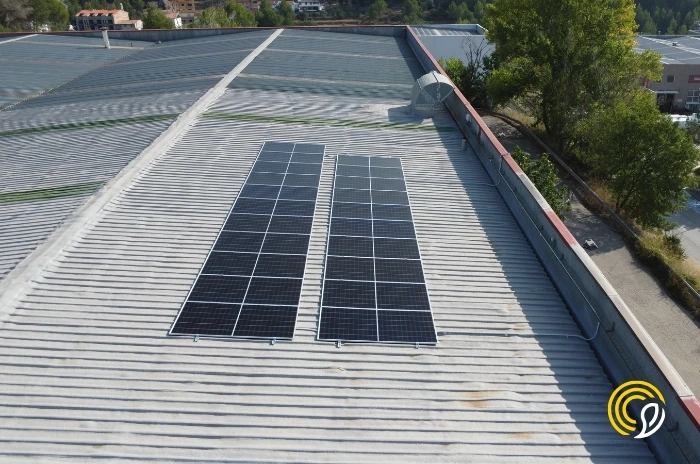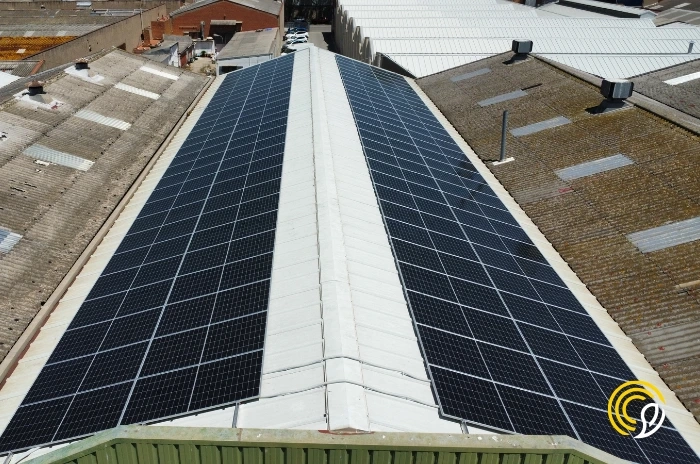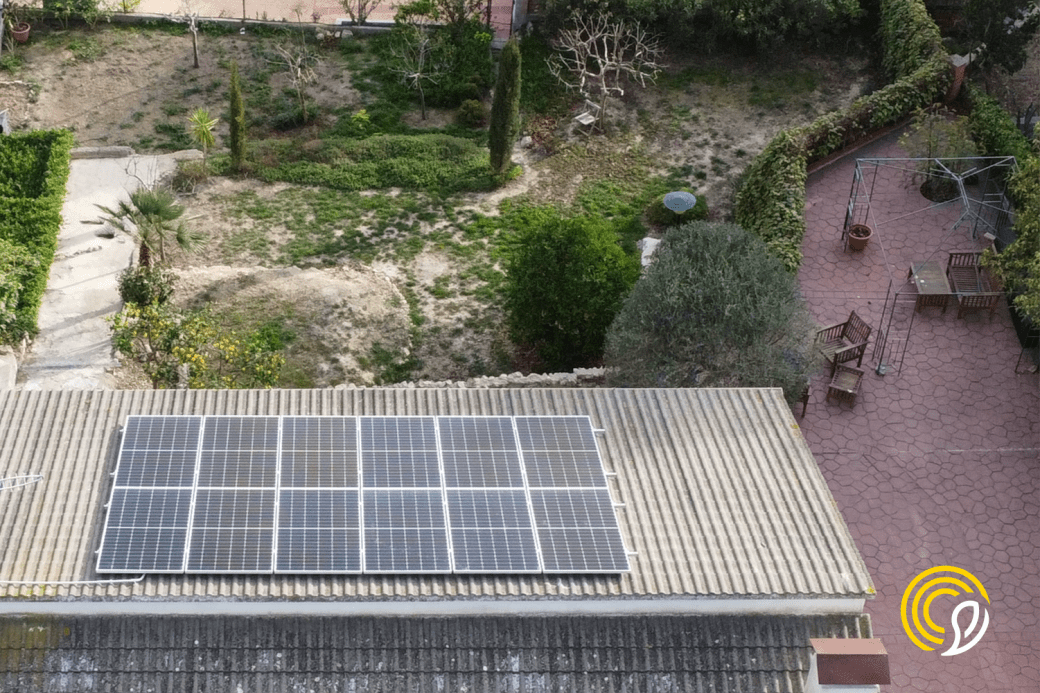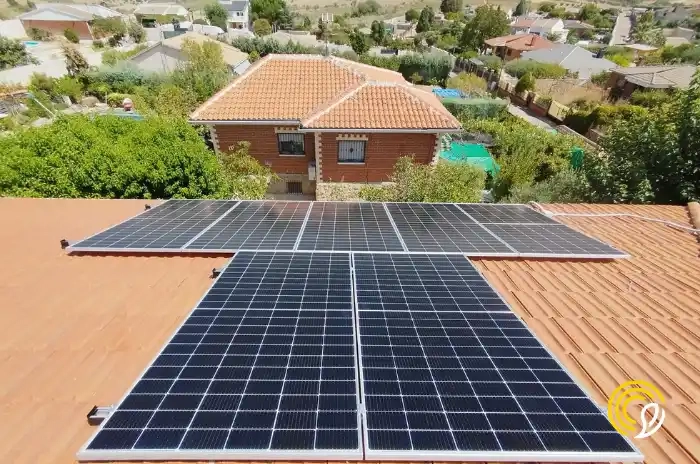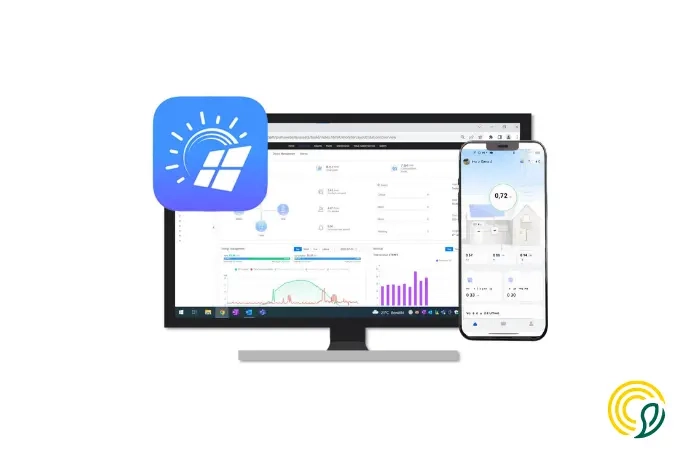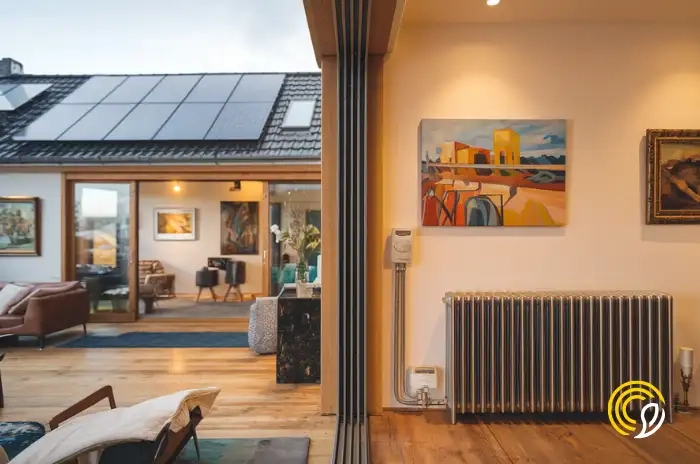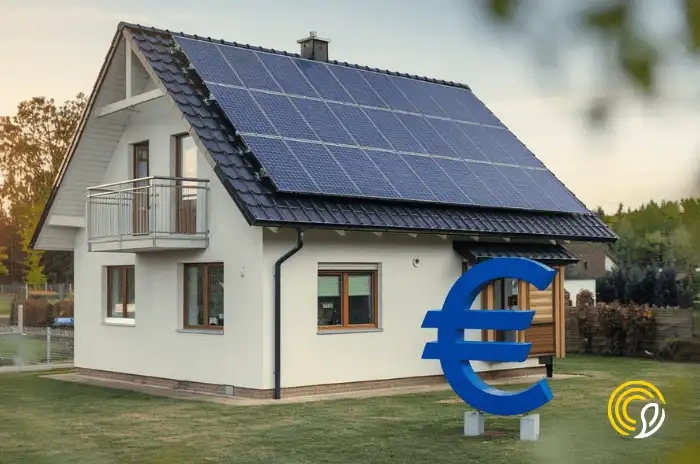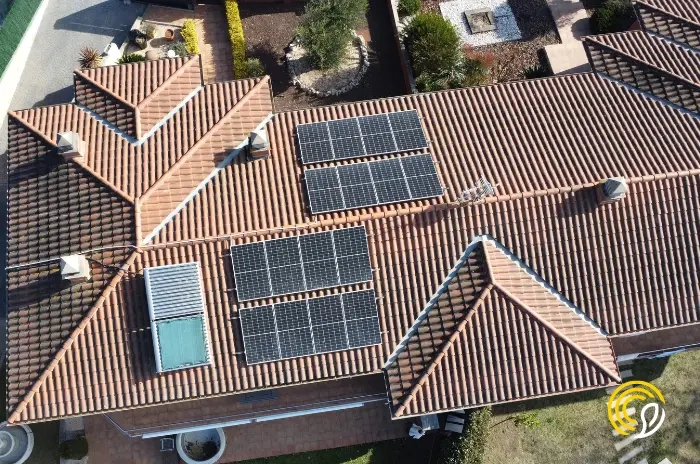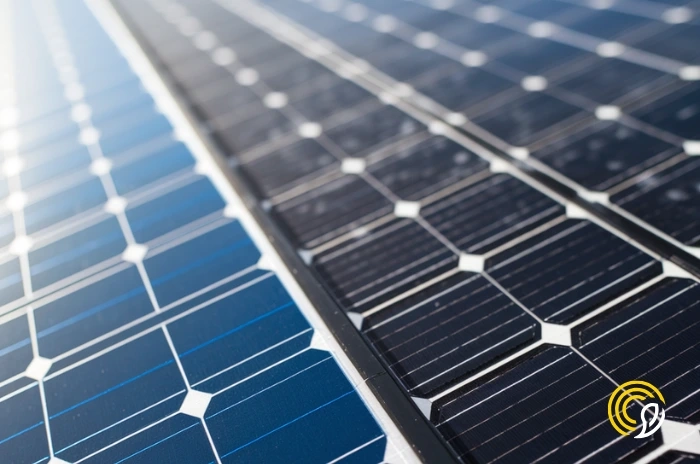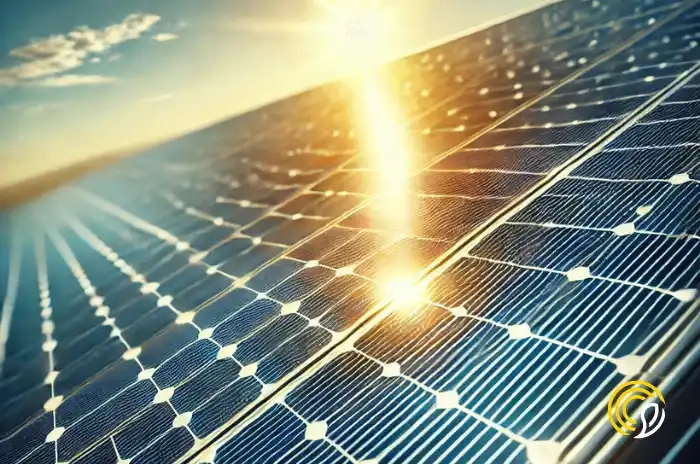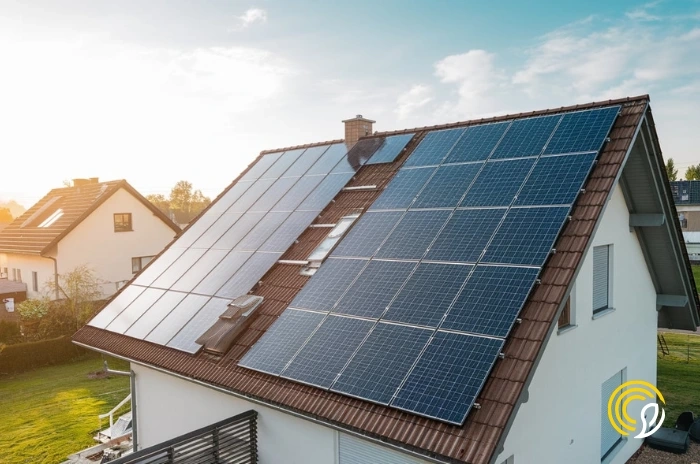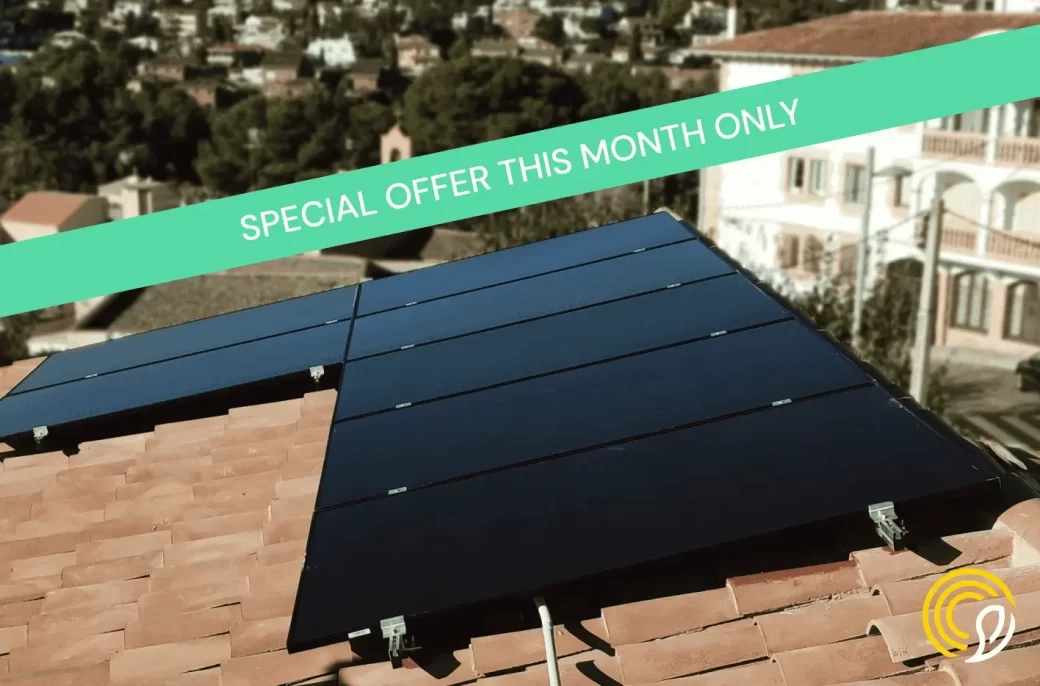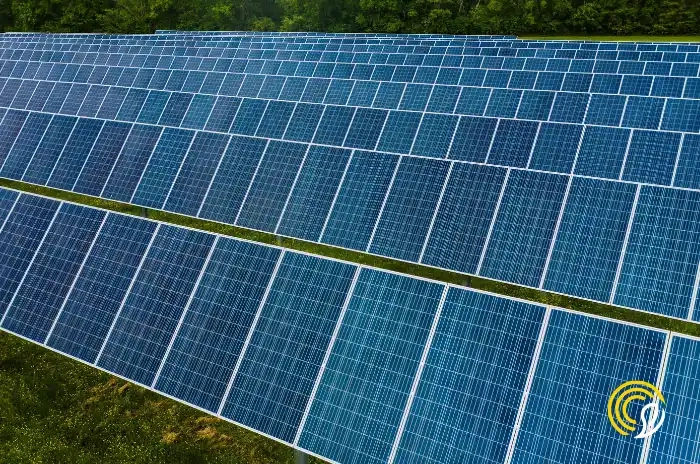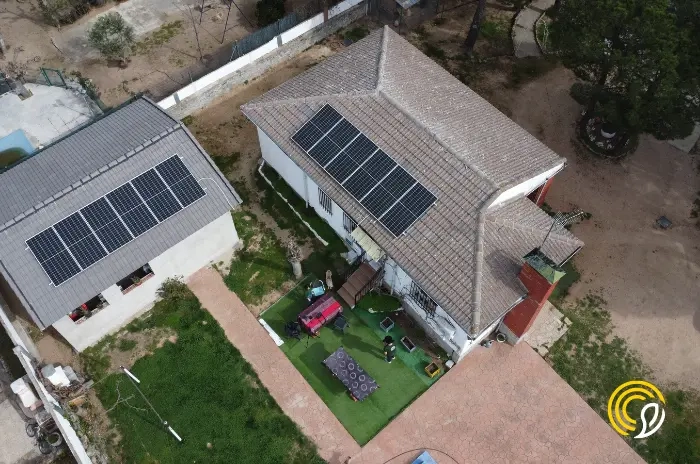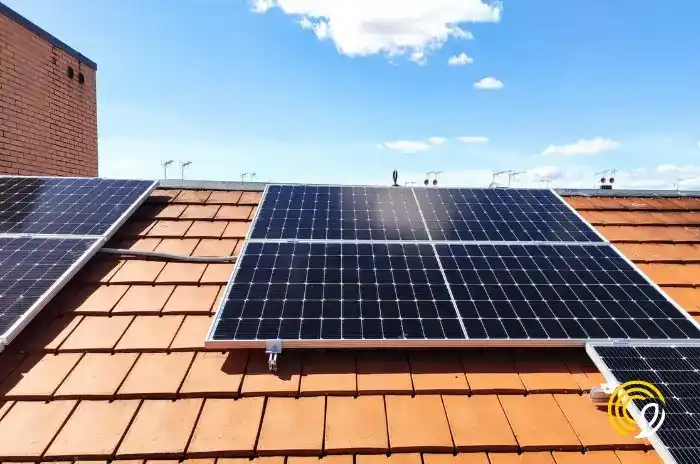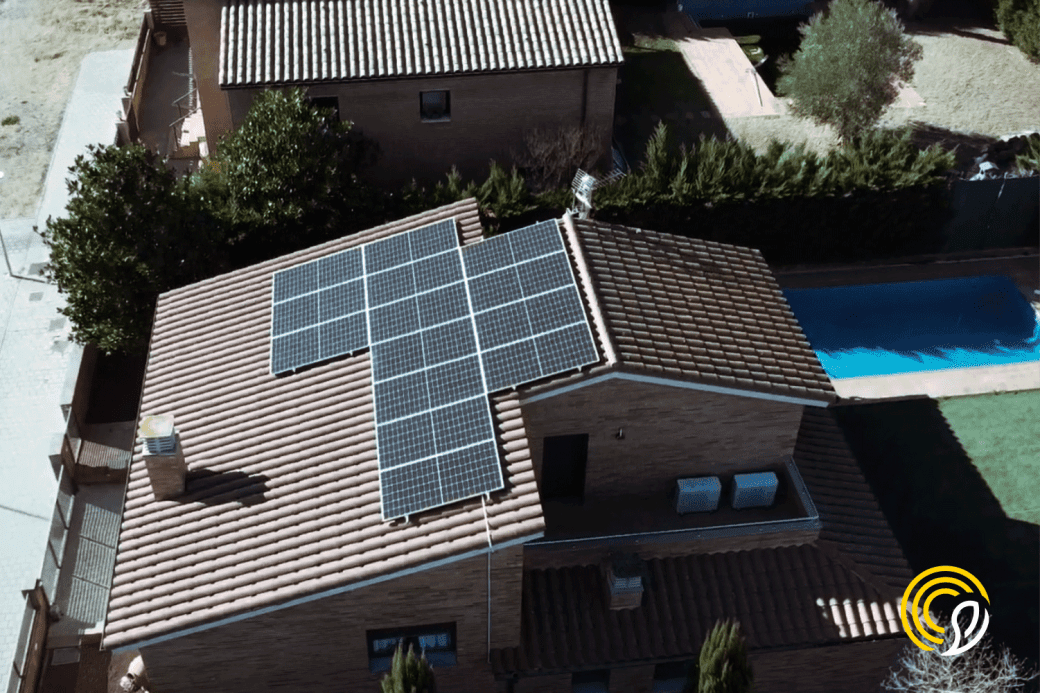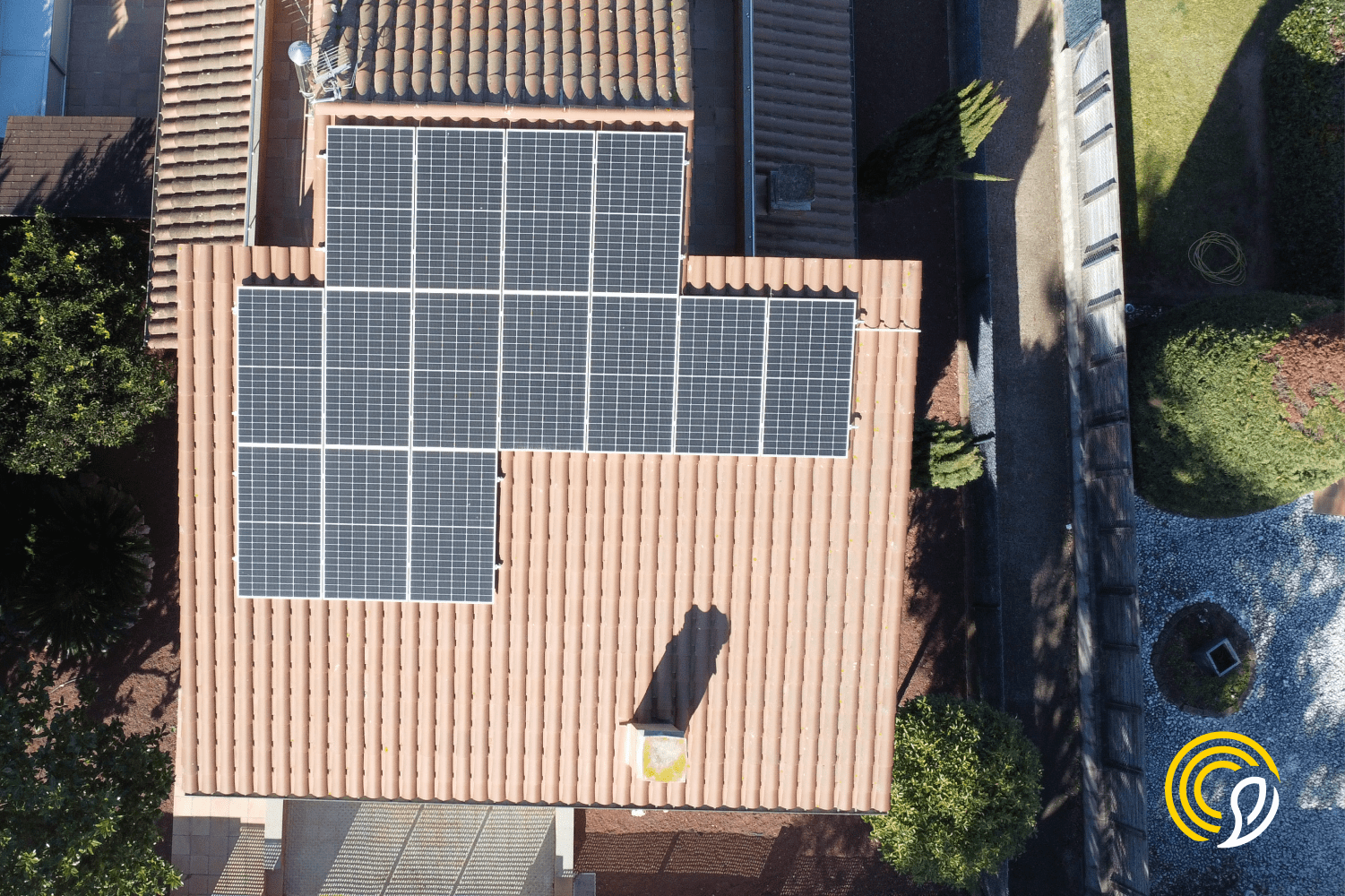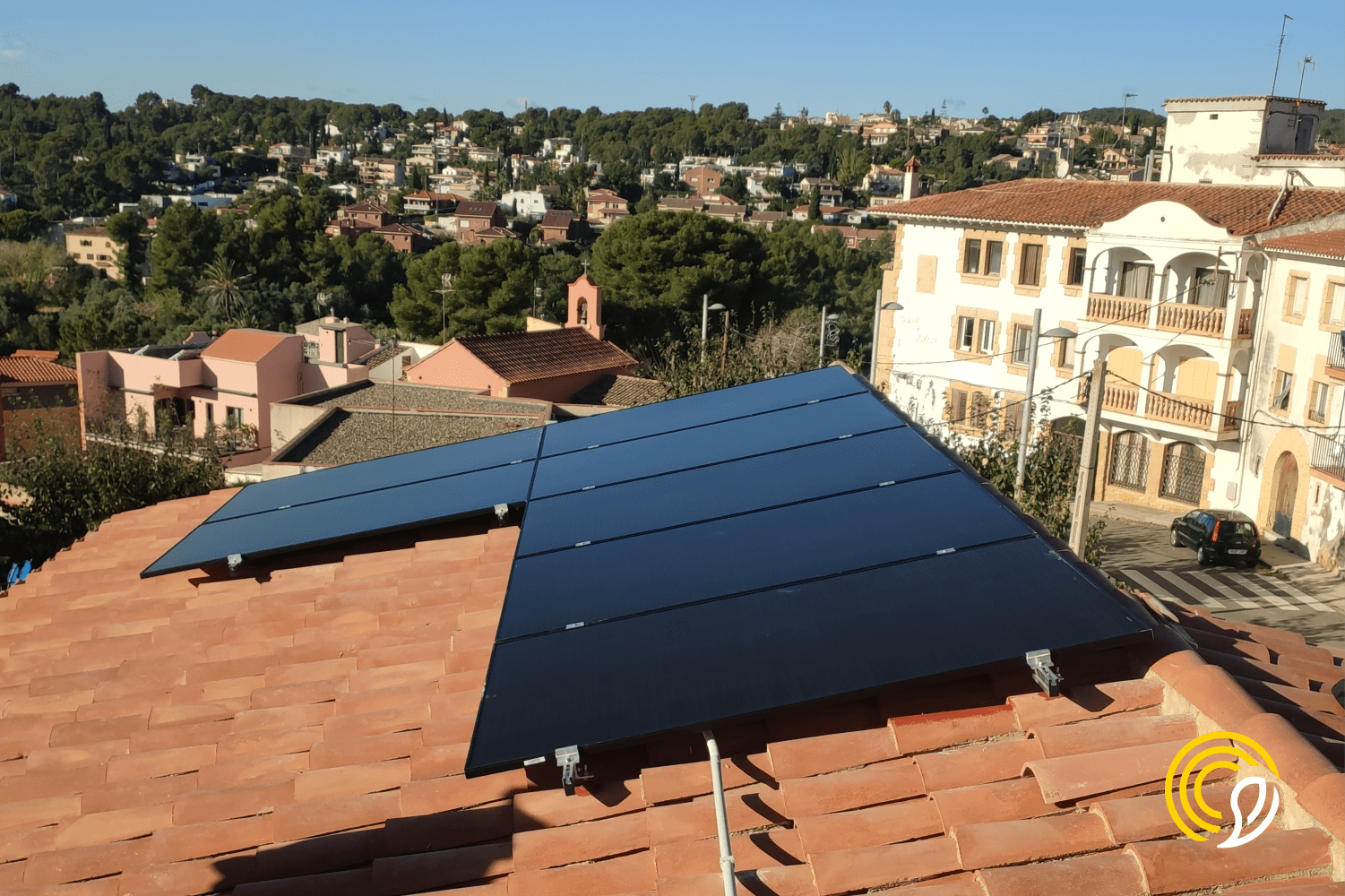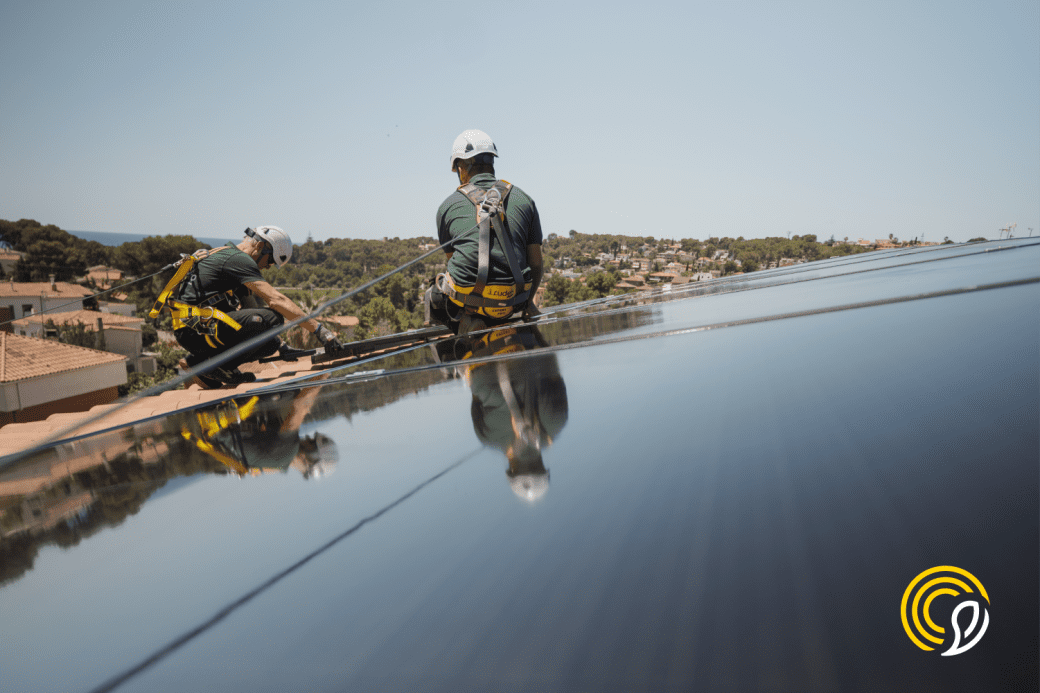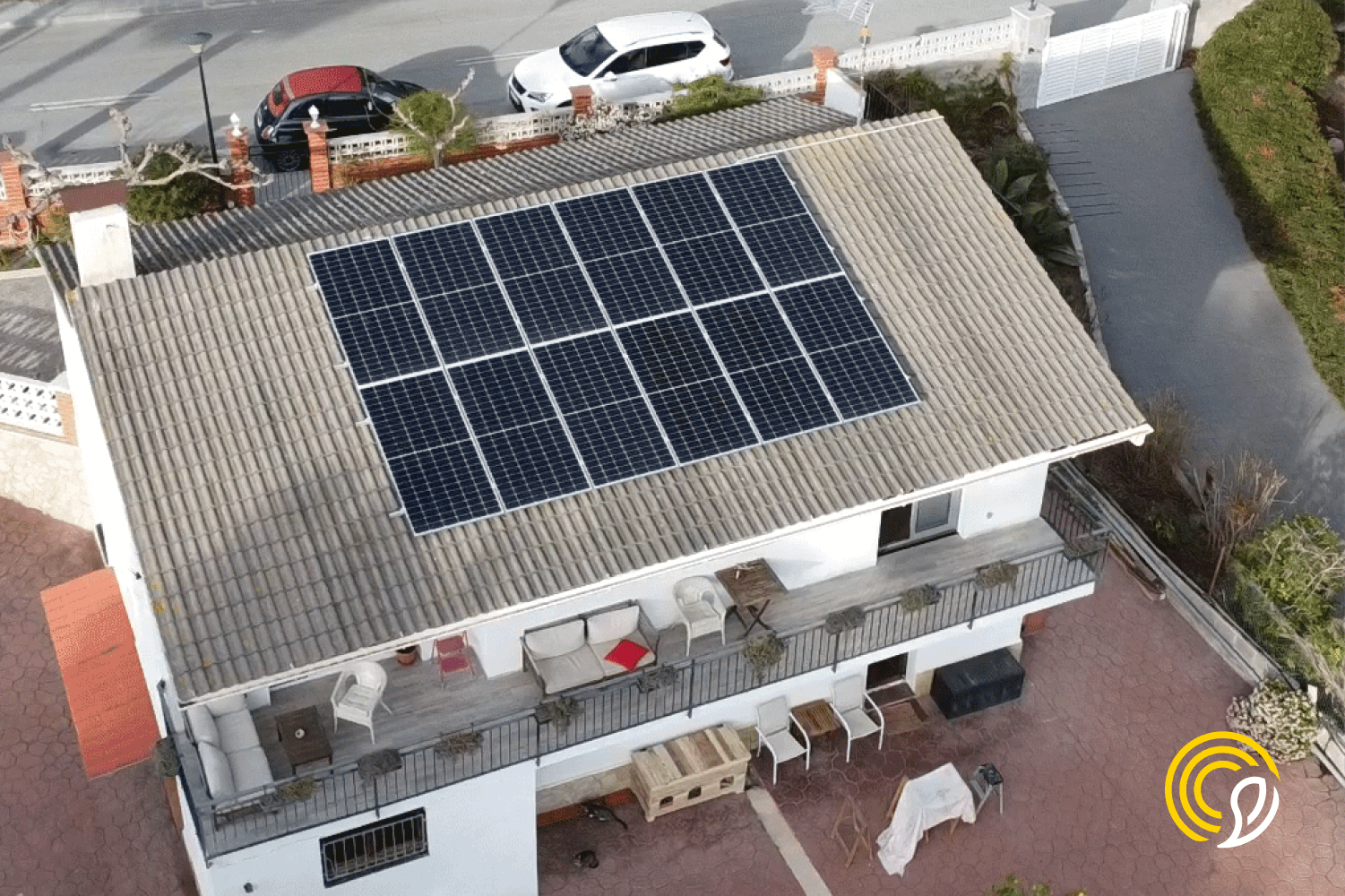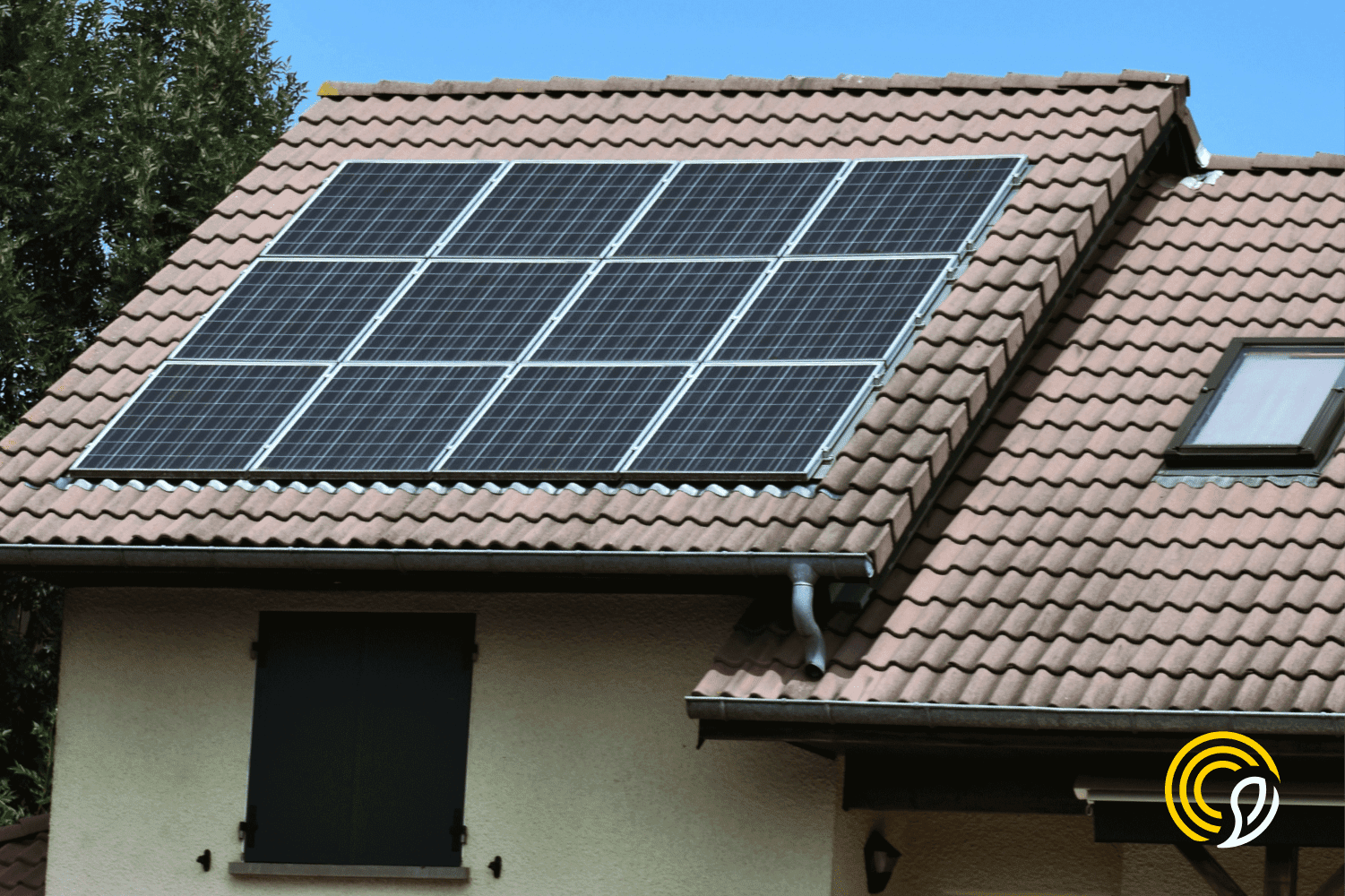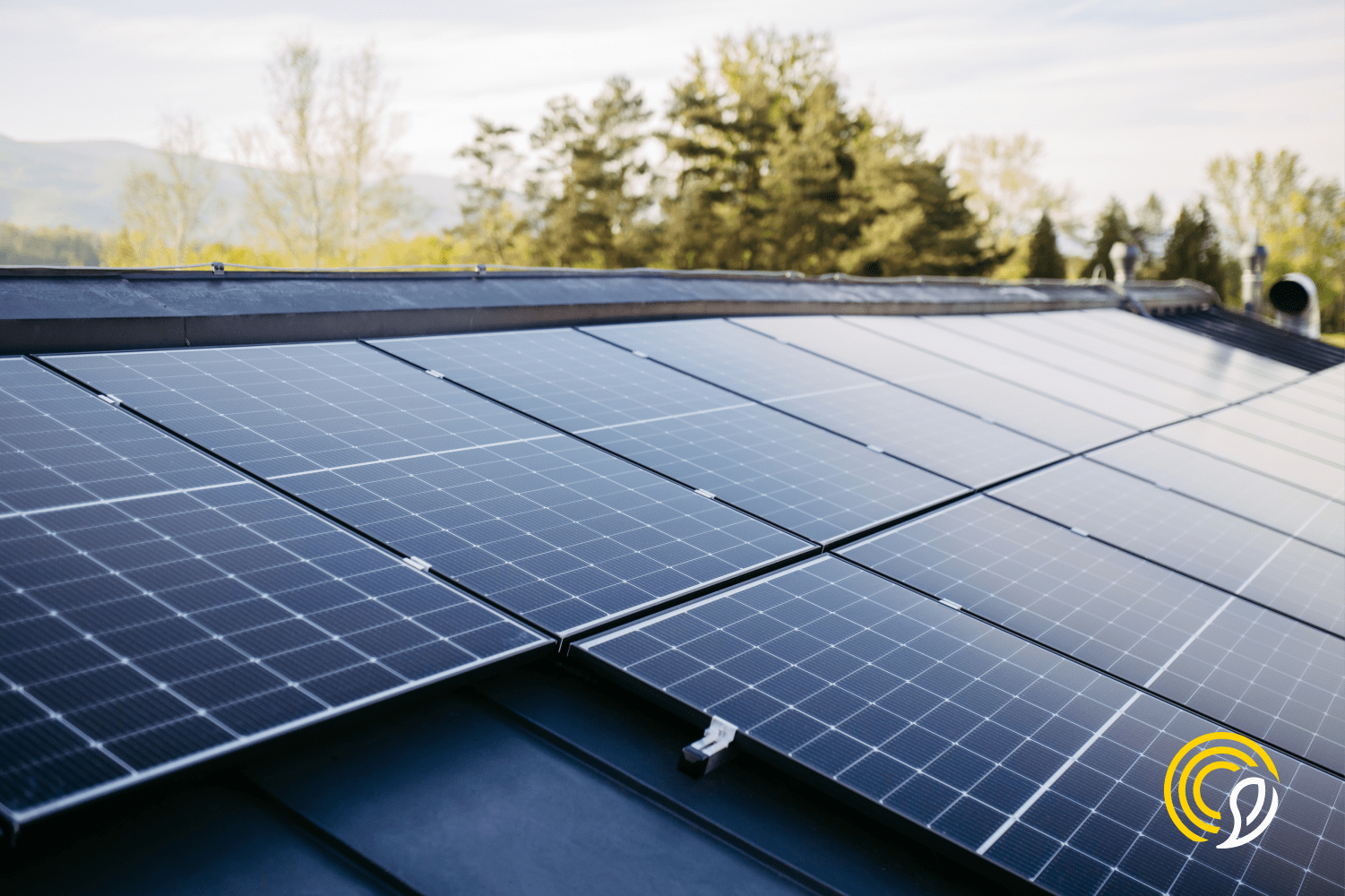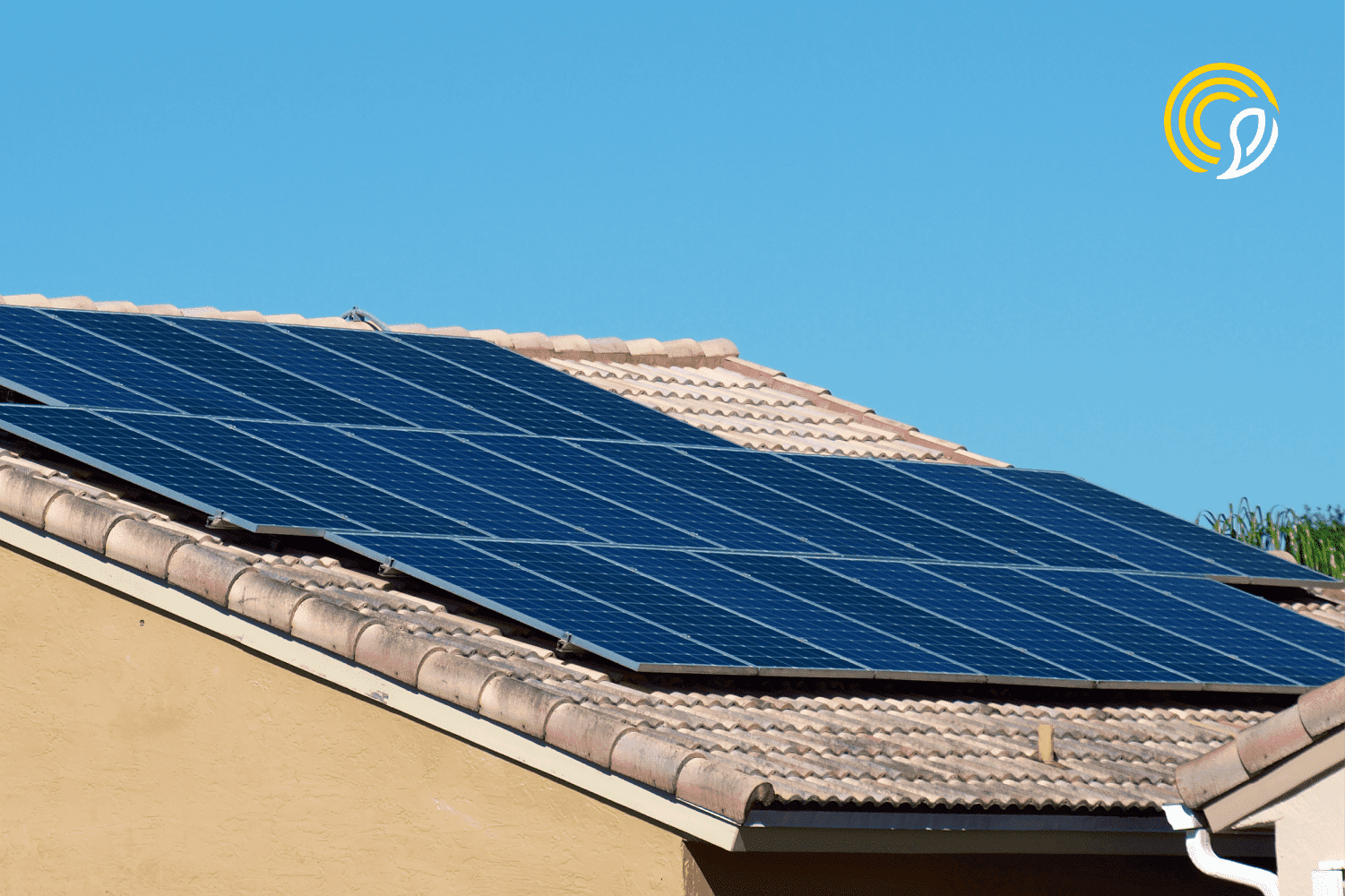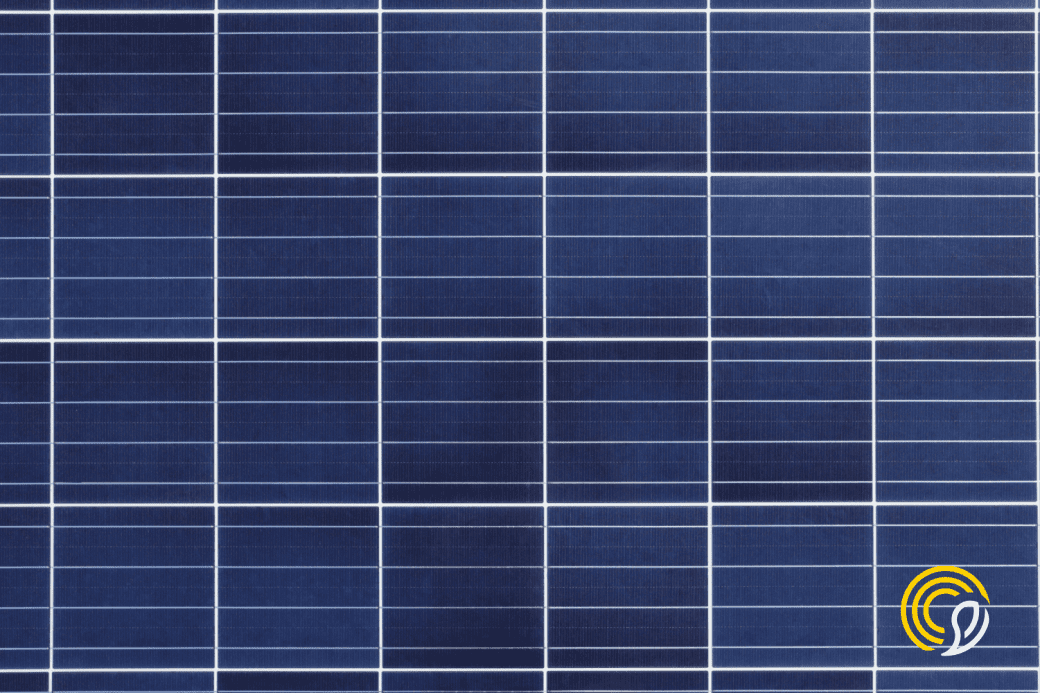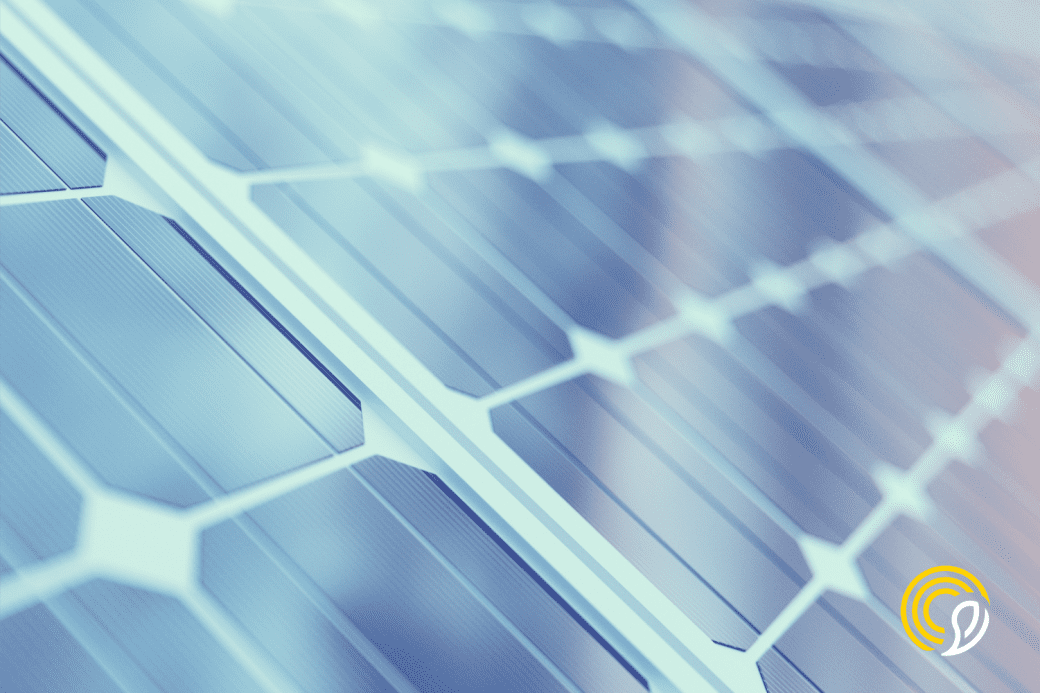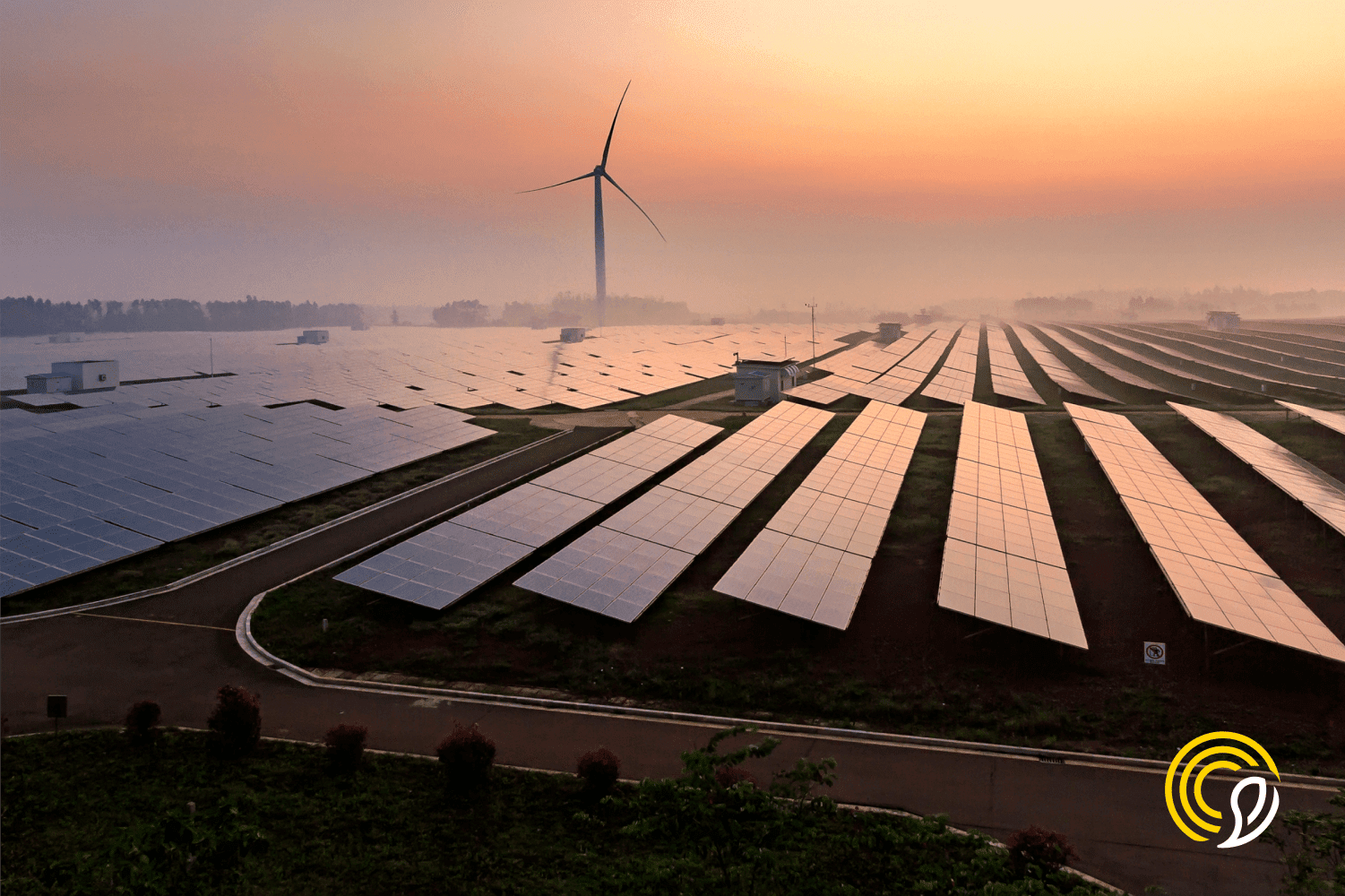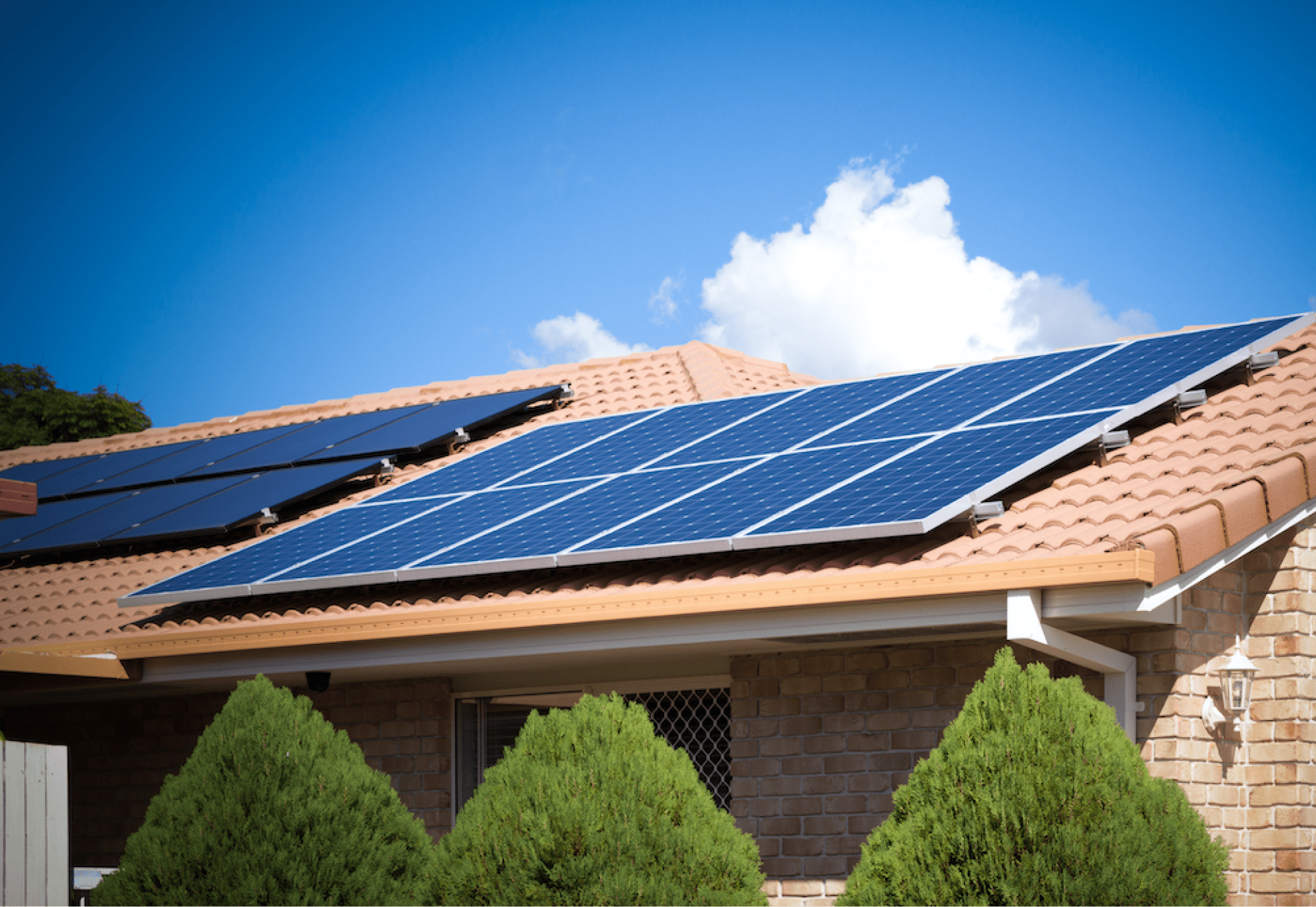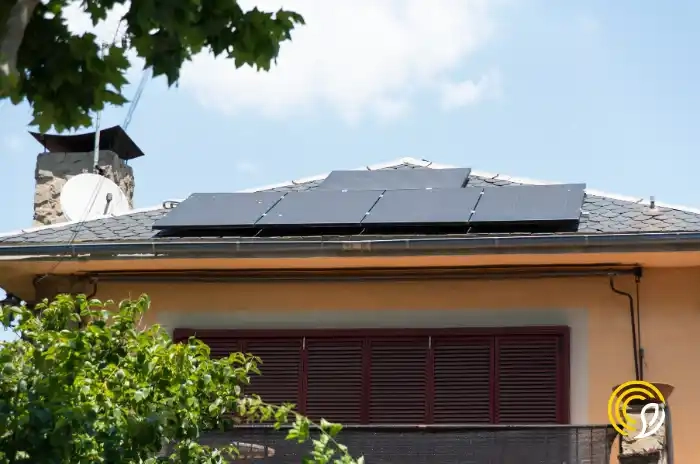
How to store solar energy?

Claudia Pardo, Content Specialist at Sunhero and a firm believer that solar energy can transform the world.
26/07/2024
3 min read
Table of Contents
Solar energy is an increasingly popular renewable energy source thanks to technological advances that have made it more efficient and more affordable.
The rise of solar panels has made solar storage systems an essential aspect of making the most of solar energy.
This storage makes it possible to save the energy generated by solar panels during the day for use at night or on cloudy days when there is no sun.
In this post, we will delve deeper into the world of energy storage and talk about its common methods.
Solar energy storage systems
There are several types of solar energy storage systems, each with its own advantages and specific uses:
Lithium-Ion Batteries
Lithium-ion batteries are currently the most popular batteries for solar energy storage. They offer high efficiency, long life and higher energy density, which means they can store more energy in a smaller space.
These types of batteries are most recommended for residential and commercial systems due to their fast-charging capability and low maintenance. In addition, their advanced technology makes them safer.
Lead-Acid Batteries
Although they are a less efficient option with a shorter lifespan than lithium-ion batteries, lead-acid batteries are more economical.
For this reason, they are mainly used in applications where the initial cost is an important factor and in systems where a large storage capacity is required.
Their durability and long history of use make them a safe option, especially in situations where the budget is tight.
Thermal Storage
Thermal storage converts solar energy into heat, which is stored for later use. This allows for electricity generation or balancing energy use between day and night.
A simple method of thermal storage is using water tanks to store heat, heating the water during periods of abundant energy for later use.
This type of storage is particularly useful in large-scale solar thermal plants, where stored heat can be used over extended periods. Solutions include ice tanks, rock beds, and large underground water masses.
Benefits of Solar Energy Storage
If you are considering installing a photovoltaic system in your home or already have solar panels generating your own energy, adding a storage system can be highly recommended. Here are some of the main advantages of having your photovoltaic system with a battery.
Energy Independence: By storing the energy generated during the day, you can reduce your dependence on the electrical grid, ensuring a constant supply of energy even during power outages.
Savings on the Bill: Energy storage allows you to use solar energy when electricity rates are higher, thus reducing your electricity bills. Additionally, by avoiding the use of the grid during peak hours, you can benefit from lower rates.
Sustainability: Using stored solar energy reduces the need for non-renewable energy sources, decreasing your carbon footprint and contributing to a cleaner and more sustainable environment.
How to choose an energy storage system
When installing a battery at home, it is important to consider several factors and select the most suitable system for you. Here are some of the most important points to keep in mind.
Consumption Evaluation: Analyze your energy needs, daily consumption, and demand peaks to determine the storage capacity you need. It is crucial to consider both current consumption and potential future increases, such as the purchase of electric vehicles or new appliances.
Cost vs. Benefit: Conduct an economic analysis that includes the initial cost of the system, savings on electricity bills, and available incentives. Compare different storage options in terms of price, capacity, and lifespan to find the best value for your investment.
Lifespan and Maintenance: Research the expected lifespan of the batteries and their maintenance requirements. Lithium-ion batteries typically have a longer lifespan and require less maintenance than lead-acid batteries. Also, consider the warranties offered by manufacturers.
Compatibility: Ensure that the storage system is compatible with the solar panels and other components of your solar system. Proper integration maximizes the efficiency and performance of the entire system. Consult with professionals for correct and efficient installation.
Available Space: Consider the available space for installing the storage system. Some batteries require more space or specific conditions, such as adequate ventilation. Make sure the installation site meets all necessary requirements for safe and efficient operation.
Start today!
Fill out our free solar calculator and get a custom quotation
